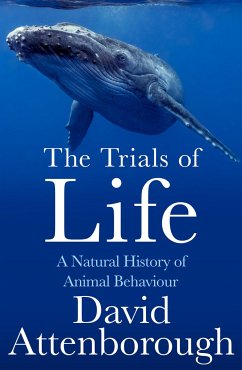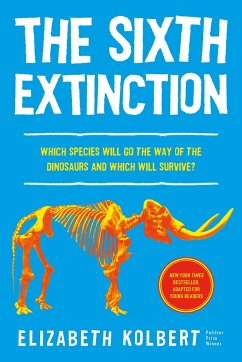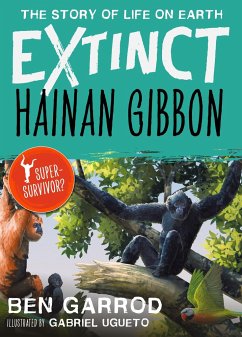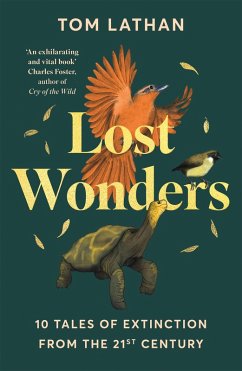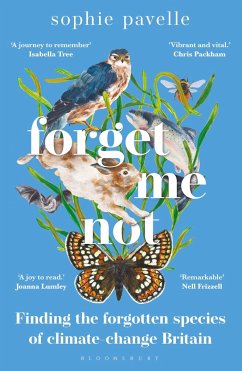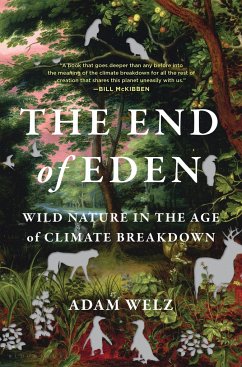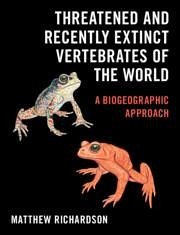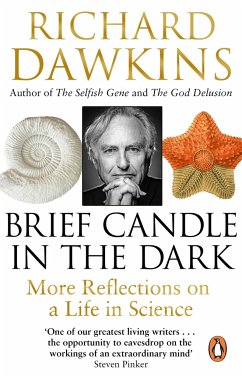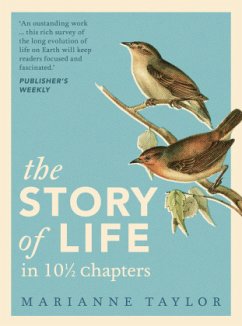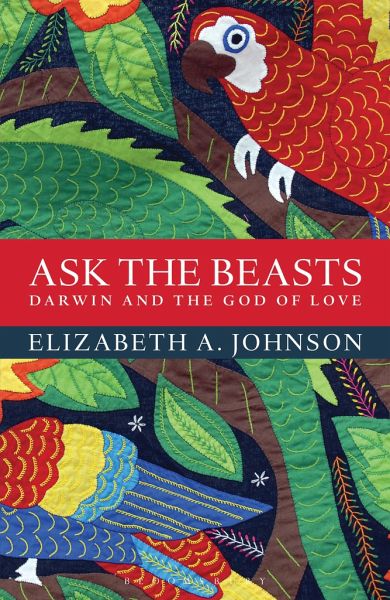
Ask the Beasts: Darwin and the God of Love
Versandkostenfrei!
Versandfertig in 2-4 Wochen
26,99 €
inkl. MwSt.
Weitere Ausgaben:

PAYBACK Punkte
13 °P sammeln!
For millennia plant and animal species have received little sustained attention as subjects of Christian theology and ethics in their own right.Focused on the human dilemma of sin and redemptive grace, theology has considered the doctrine of creation to be mainly an overture to the main drama of human being`s relationship to God. What value does the natural world have within the framework of religious belief?The crisis of biodiversity in our day, when species are going extinct at more than 1,000 times the natural rate, renders this question acutely important. Standard perspectives need to be r...
For millennia plant and animal species have received little sustained attention as subjects of Christian theology and ethics in their own right.
Focused on the human dilemma of sin and redemptive grace, theology has considered the doctrine of creation to be mainly an overture to the main drama of human being`s relationship to God. What value does the natural world have within the framework of religious belief?
The crisis of biodiversity in our day, when species are going extinct at more than 1,000 times the natural rate, renders this question acutely important. Standard perspectives need to be realigned; theology needs to look out of the window, so to speak as well as in the mirror.
Ask the Beasts: Darwin and the God of Love leads to the conclusion that love of the natural world is an intrinsic element of faith in God and that far from being an add-on, ecological care is at the centre of moral life.
Focused on the human dilemma of sin and redemptive grace, theology has considered the doctrine of creation to be mainly an overture to the main drama of human being`s relationship to God. What value does the natural world have within the framework of religious belief?
The crisis of biodiversity in our day, when species are going extinct at more than 1,000 times the natural rate, renders this question acutely important. Standard perspectives need to be realigned; theology needs to look out of the window, so to speak as well as in the mirror.
Ask the Beasts: Darwin and the God of Love leads to the conclusion that love of the natural world is an intrinsic element of faith in God and that far from being an add-on, ecological care is at the centre of moral life.




